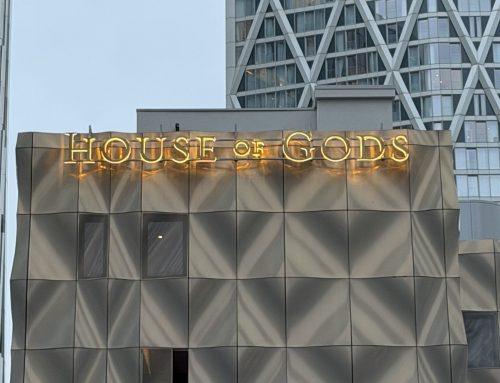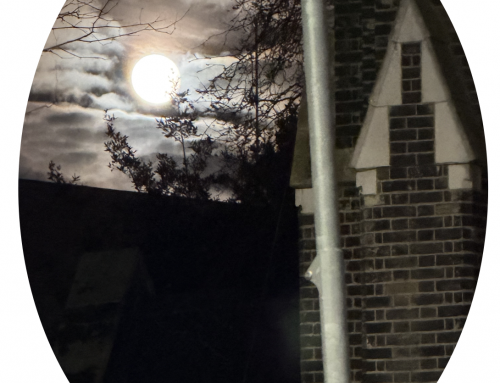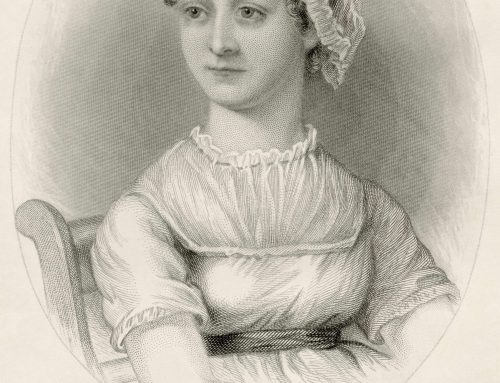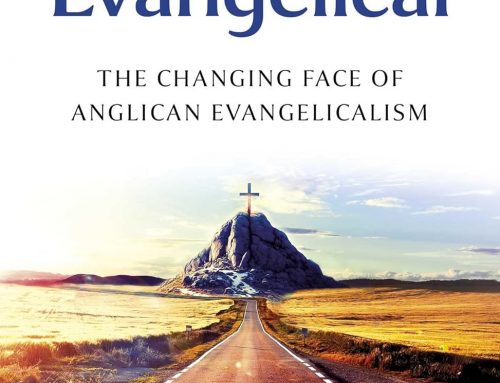The frog in the pan – reflections on the ‘culture of church’
Bishop Robert Paterson
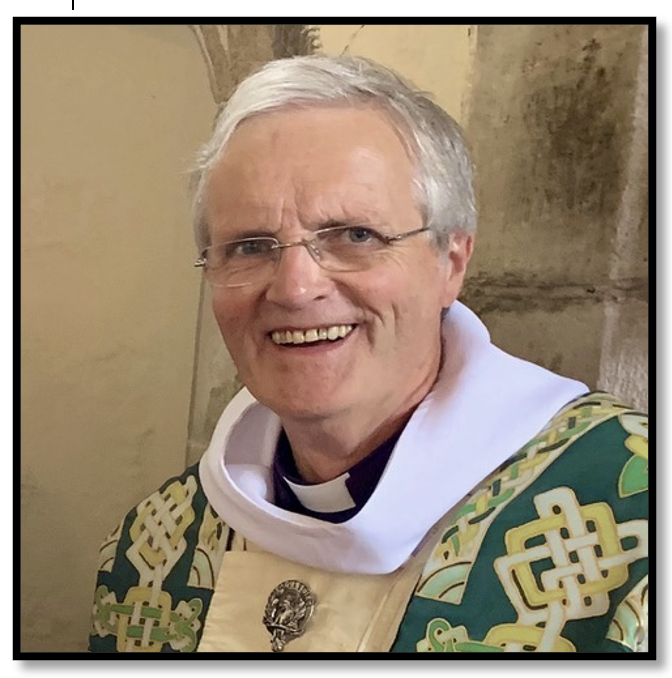
Robert studied Theology and English at St John’s College Durham University, where he was Van Mildert Scholar in Divinity. His postgraduate study was in catechesis. He was a parish priest in England and Wales for nearly three decades, subsequently appointed Principal Officer for Mission & Ministry in Wales and Chaplain to the Archbishop of York.
Robert co-founded the Four Nations Liturgical Group and was involved in Anglican – Lutheran relations, co-chairing two international symposia on the diaconate. From 2002 to 2009 Robert chaired the Steering Group of the Primates’ working group ‘Theological Education for the Anglican Communion’. He has published and lectured on preaching, worship, mission and ministry.
From 2008 to 2016 Robert was Bishop of Sodor and Man, the second-oldest bishopric of the Church of England, and was a full member of Tynwald Court, the oldest continuous parliament in the world.
He is now an honorary assistant bishop in the Diocese of Worcester. Robert is married with adult children. He used to row, and enjoys walking the dog, cycling, reading, music, the theatre, fiddling with clocks and messing about in boats.
“Increasingly, the culture of ‘church’, particularly in those churches that are old and hard of hearing, is alien to most people. Most people do not customarily gather on Sunday mornings to sing in chorus with others, handling books (let alone several of them), sitting on wooden benches in cool buildings, sometimes being ignored as if by a supermarket checkout-assistant chatting to a colleague or alternatively being pestered as if by an over-enthusiastic sales-assistant, not knowing whether to sit down or stand up, often being glared at, and so on. These cultural norms make for a difficult or even impossible transition for a disciple of Jesus from a fresh expression of Church to what has often in the past been thought of as normal, and must force the older tradition to examine how it expresses what happens when the impact of Jesus draws people together. A major difficulty is that people who have been immersed in a particular style of church worship for many years find it difficult to assess what is of the essence and what can, and sometimes must, be left behind. When churches feel under pressure – financially, numerically, in age profile, for instance – their natural tendency is to emphasise what gives them reassurance, and that is often not the essence but the culturally conditioned aspects. Thus the language and music of worship become battle-grounds, and some new disciples walk away – as any sensible person should. There is much more work to be done on helping older churches to see themselves as others see them.”
When this extract from ‘Making Christ Visible’[i] was posted on LinkedIn, it received a remarkable number of ‘likes’ so it may be worth a few more thoughts.
A very obvious alienation from the culture of Christian faith has developed in those societies that would have been regarded as broadly Christian half a century and more ago. Many who now recognise this blatantly obvious fact seem to have failed to see it coming – rather like the proverbial frog in cold water slowly heated to boiling point.
In this context, public worship is going to have to take account of the presence of disciples of Jesus from fresh expressions of Church and curious ‘outsiders’ who do not have any liturgical language or experience but who may be looking for meaning or have begun to find it in another place. I think, for example, of a student with no family history of churchgoing who comes to faith in a fresh expression of church and returns home to a community where there is a traditional parish church.
There is a tendency in those churches whose future seems threatened to see ‘the world’ as the enemy and the church as a refuge, a safe place to escape to, where everything is familiar, stable and secure. If you have never felt that longing at times of stress, you’re unusual. When a church gets stuck with this cultural habit and our imaginary student turns up there is a complete disconnect. The wisest minds and hearts have yet to discover the secret formula of how to bridge that disconnection other than simply to help congregations become aware of their own time and place. The situation is remarkably similar to the bad old days when we refused Communion to baptized children and therefore confirmed them at ever-younger ages. Moving from Sunday School to adult worship in a few weeks resulted in most of the youngsters walking away, and who could blame them?
It is time we taught our clergy and others how to understand and lead worship which is gracious and unobtrusive, that has a movement and flow, without becoming a sequence of seemingly-unrelated events, yet which enables the newcomer / stranger / seeker / new disciple to engage fully with God and the congregation – to lead worship that is as natural as the people of God travelling home.
Anglicans and many others in the older churches of the global north are certainly under pressure, and people under pressure are inclined to make rapid, reactive and ultimately regrettable decisions. Yet it is possible that pressure could force them to take a long, hard look at their situation and make radical, good decisions. Oddly for a Christian body, theology, particularly our understanding of ourselves, the Church, is not where our thinking usually begins but it gets squeezed in at the end to justify the actions we have already decided to take. Of course, we could just throw in the towel or we could tackle the challenges before us systematically, theologically, practically one at a time.
Over nearly five centuries Anglicanism has produced many significant thinkers on the theology of Church, Ministry, Sacraments and Worship to whom we could helpfully resort, rather than muddling along without returning to first principles. They can help us understand the DNA of a church that is for all, insiders and outsiders alike. We will find that the challenges of today are not new at all, just different.
Robert Paterson
formerly Bishop of Sodor and Man
currently an assistant bishop in the Diocese of Worcester
Feast of St Luke the Evangelist
[i] Robert Paterson, 2018: ISBN 978-0-244-75612-3

